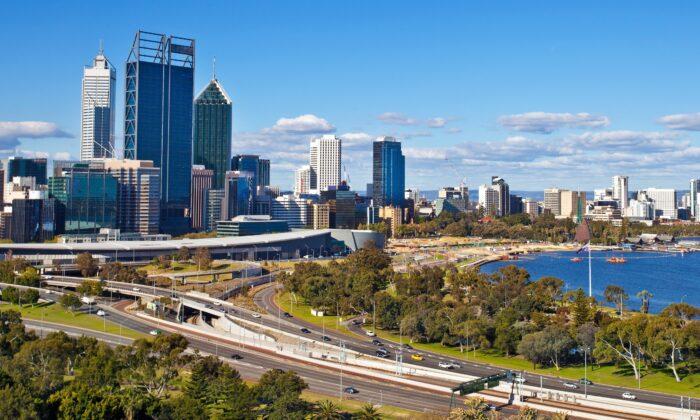Australia has announced a new $220 million carbon capture and storage (CCS) hub in South Australia amid outcries for the technology to be scrapped altogether.
The federal government has lauded CCS as a critical pathway for reducing emissions in emissions-intense industries, such as energy, whereby emitted carbon dioxide is captured and piped into naturally formed underground reservoirs.
The hub, situated in Moomba in far north South Australia, two hours from the Queensland border, forms a joint venture between oil and gas giants Santos and Beach Energy.
The hub was even exhibited at the front of the Australian pavilion at COP26 in Glasgow, Scotland.

Energy and Emissions Minister Angus Taylor said the project marked a milestone in the development of the technology after being officially registered under the government’s Emissions Reduction Fund (ERF).
The ERF allows for businesses to earn and trade Australian Carbon Credit Units (ACCUs), which was typically only possible from farmers through carbon sequestration in soil and vegetation. Now, CCS will be eligible as well.
Former Prime Minister Malcolm Turnbull attended COP26 as chair of Fortescue Future Industries—a clean energy-focused organisation founded by mining billionaire Andrew Forrest.

Turnbull criticised Australia’s display at COP26 and suggested that CCS had a considerably worse outcome as it facilitated the continued use of fossil fuels.
The push to reduce emissions and address climate concerns has been spurred on following the release of a United Nations Intergovernmental Panel on Climate Change report that hypothesised man-made emissions had unequivocally contributed to rising global temperatures.
“The whole object is to stop burning fossil fuels,” he said. “We’ve got to cut all greenhouse gas emissions, methane and CO2, particularly. We can’t keep on pretending that this is a problem we can push out on to the future. We are living with the reality of global warming now.”
Climate change communications organisation, the Climate Council, has been a heavy critic of the federal government’s investment into CCS.
“Rather than blowing taxpayer money on harmful gas, the Federal Government should invest in renewable energy technologies that deliver win-win-win outcomes for electricity prices, healthier communities, and job-creation.”





